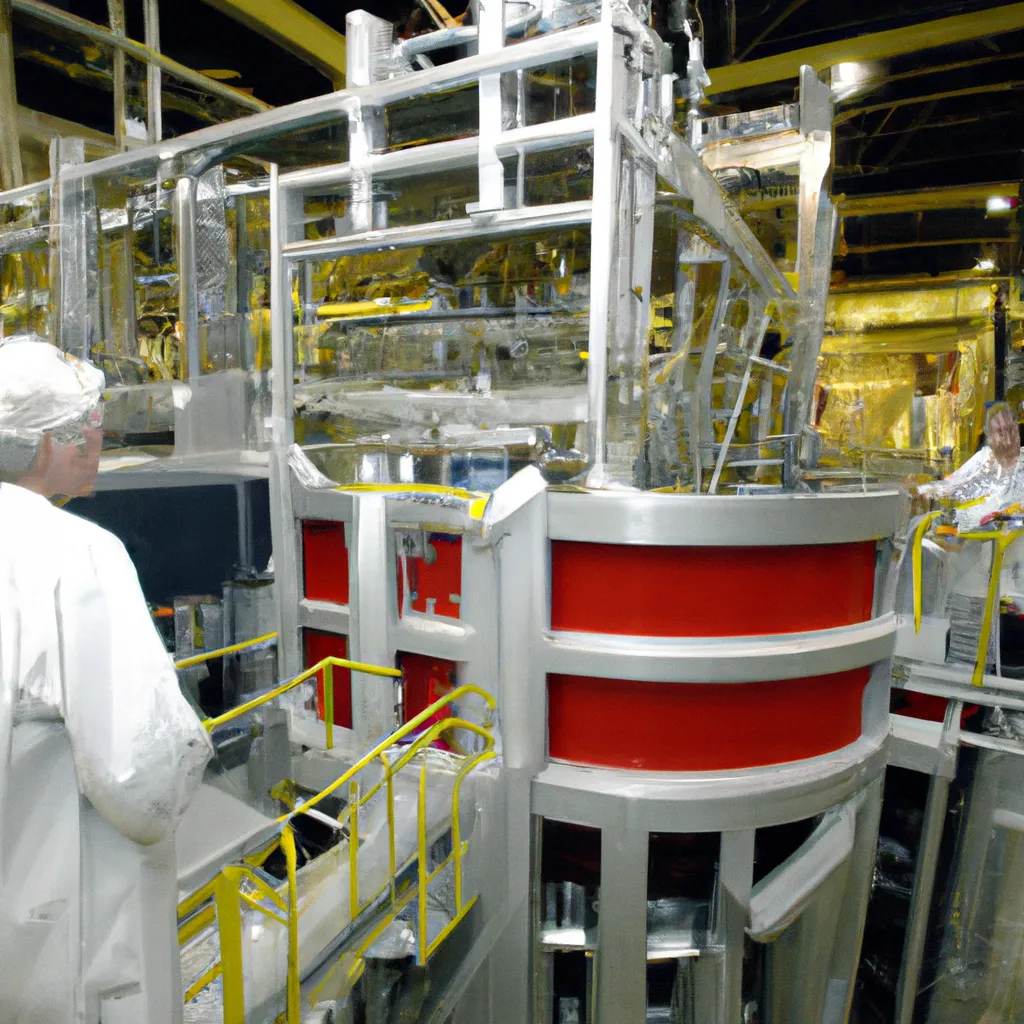Rare economic land is now a problem for all regions.

Olivier Lluancy, a lecturer at the School of Mining Engineers, looks at how to combine "industrial sovereignty" and the goal of zero artificialization, in an article for Le Monde.
The availability of industrial land remains a barrier to France's reindustrialization. Previously, however, due to our geography and low density, land for industry was long surplus and was also one of the advantages for the development of our manufacturing tool. This greater availability of land was reflected, for example, in prices that were lower than those of our neighbors. Between 2014 and 2018, a meter of industrial land sold for an average of €35 to €350 in France near major urban areas, while in Germany prices ranged from €50 to €500.
Since then, however, several laws, including the 2016 "biodiversity" law and the 2021 "climate and sustainability" law, have set ambitious targets for zero artificialization. As the Senate study ("Policies to Reduce Artificialization," September 2023) has shown, France has a significantly more prescriptive approach to this issue than its European neighbors, and land scarcity now applies to all regions. For example, 67% of our municipalities say they have rejected economic realization projects or faced relocations of companies due to a shortage of economic land.
In light of this shortage of industrial land supply, the demand for industrial space remains very dynamic, with many projects supported by the France Relance and France 2030 programs. Industry's share of total commercial real estate investment increased from 3% in 2018 to 8% in 2022. As a result of this imbalance, industrial land in France is experiencing one of the highest increases: around 75% between 2018 and 2022, one and a half times more than in Germany and three times more than in Italy. In a world of limited resources, we realize too late that this advantage is at risk, weakened by our lack of foresight.
The land requirements for the next decade are now quantified: between 20,000 and 30,000 hectares in various scenarios. These needs are relatively small: historically, the industry has only been associated with 4% artificialization. However, it is precisely because they are smaller that the demand for industrial land risks being swept between residential and commercial by economic concerns greater than it is. Thus, the first response to the current situation must be to fence off our future industrial land on a scale of real need.
You only have to read 50% of this article. The full version is only available to subscribers. You can only read Le Monde on one device at a time.
13 May 2025
14 May 2025
14 May 2025




Comment
Popular Offers

Subscribe to the newsletter from Hatamatata.com!
Subscribe to the newsletter from Hatamatata.com!
I agree to the processing of personal data and confidentiality rules of Hatamatata










